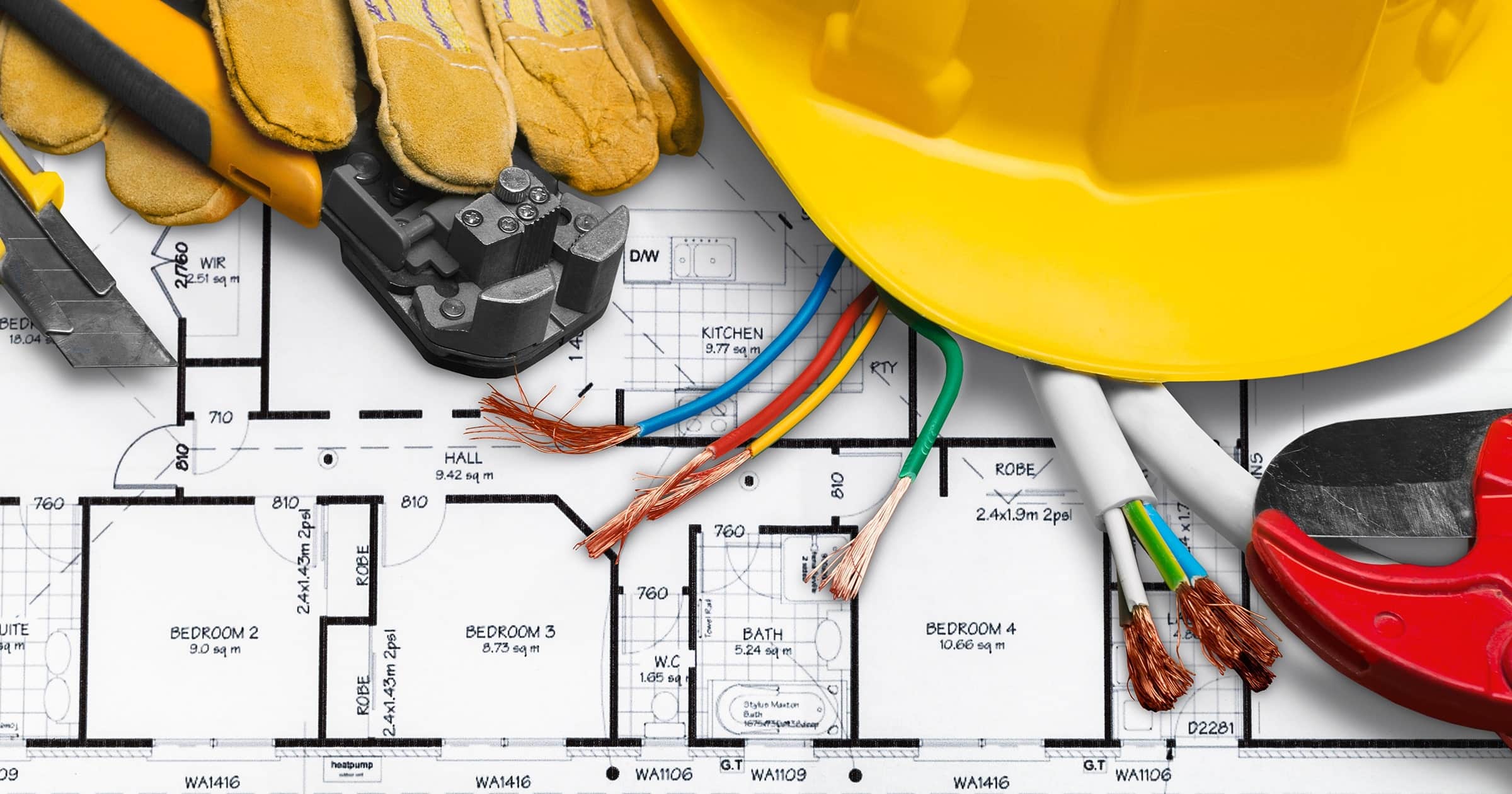
Electrical Estimation in Canada: A Comprehensive Guide
Electrical estimation is a critical component of the construction and renovation industry in Canada. Accurate electrical estimates ensure that projects are completed within budget and on time, while also helping to avoid costly overruns. In this guide, we will delve into the intricacies of electrical estimation in Canada, providing insights into the process, tools, and best practices.
Understanding Electrical Estimation in Canada
Electrical estimation involves calculating the costs associated with electrical installations, repairs, or upgrades in residential, commercial, or industrial projects. This process includes material costs, labor charges, equipment usage, and any other expenses related to electrical work.
Importance of Accurate Electrical estimation in Canada
In Canada, construction projects are often subject to strict budget constraints and timelines. Accurate electrical estimation is crucial because:
Budgeting: It helps in setting realistic budgets.
Project Planning: Ensures efficient allocation of resources.
Cost Control: Minimizes the risk of overspending.
Competitive Bidding: Helps contractors submit competitive bids without compromising profitability.
At High Q Estimation, we understand the importance of precision in electrical estimation, ensuring that your projects are accurately assessed and cost-effective.
Key Components of Electrical Estimation in Canada
1. Material Costs
Materials are a significant part of any electrical project. In Canada, material costs can vary based on factors such as market demand, location, and supplier. Estimators must account for:
Wiring and Cables
Switches and Outlets
Lighting Fixtures
Panels and Breakers
Conduits and Fittings
At High Q Estimation, we provide detailed material cost analysis to ensure no component is overlooked.
2. Labor Costs
Labor costs are determined by the number of hours required to complete the project and the hourly rates of electricians. In Canada, these rates can vary by province and the complexity of the work.
3. Equipment Costs
Some electrical projects require specialized equipment. Renting or purchasing equipment such as lifts, drills, and testing tools should be included in the estimate.
4. Permits and Inspections
Canadian building codes mandate that electrical work must meet specific standards. Therefore, the costs of obtaining permits and scheduling inspections must be factored into the estimate.
5. Contingency Costs
Unexpected expenses are common in construction projects. A contingency fund, usually around 5-10% of the total estimate, should be included to cover unforeseen costs.

Tools and Software for Electrical Estimation in Canada
1. Electrical Estimating Software
Using specialized software can streamline the estimation process. Some popular options in Canada include:
Accubid
Trimble Estimation
ConEst
These tools help automate calculations, manage databases of materials and labor rates, and generate professional quotes.
At High Q Estimation, we leverage the latest software to provide accurate and efficient electrical estimates.
2. Spreadsheet Templates
For smaller projects, spreadsheet templates can be a cost-effective alternative. They allow estimators to input data manually and perform calculations using built-in formulas.
Best Practices for Electrical Estimation in Canada
1. Conduct Site Visits
A thorough site visit helps in identifying potential challenges that could impact the estimate. It allows estimators to assess the scope of work accurately.
2. Stay Updated on Market Trends
Material prices and labor rates can fluctuate. Keeping up with market trends ensures that estimates remain accurate and competitive.
3. Use Historical Data
Past project data can provide valuable insights into typical costs and potential pitfalls, helping to refine future estimates.
4. Collaborate with Stakeholders
Engaging with project managers, electricians, and suppliers can help in gathering detailed information and validating the estimate.
At High Q Estimation, we emphasize collaboration and data-driven insights to deliver reliable estimates.
Challenges in Electrical Estimation in Canada
1. Regional Variations
Canada’s vast geography means that costs can vary significantly from one province to another. Estimators must adjust their calculations based on regional differences in material availability and labor rates.
2. Code Compliance
Adhering to local building codes is essential. Estimators must stay informed about updates to the National Building Code of Canada and provincial regulations.
3. Market Volatility
Fluctuations in the prices of raw materials like copper and steel can impact the overall estimate. Monitoring market conditions is vital for accurate estimation.
Conclusion
Electrical estimation in Canada is a complex but essential process that requires meticulous attention to detail. By understanding the components, using the right tools, and following best practices, contractors can produce accurate estimates that lead to successful project outcomes. Staying informed about regional variations, market trends, and code compliance further enhances the reliability of electrical estimates.
At High Q Estimation, we are committed to providing precise and comprehensive electrical estimates that help you achieve your project goals efficiently. Whether you are a seasoned estimator or new to the field, continuous learning and adaptation are key to mastering electrical estimation in Canada. By doing so, you can ensure that your projects are well-planned, cost-effective, and compliant with all necessary regulations.
